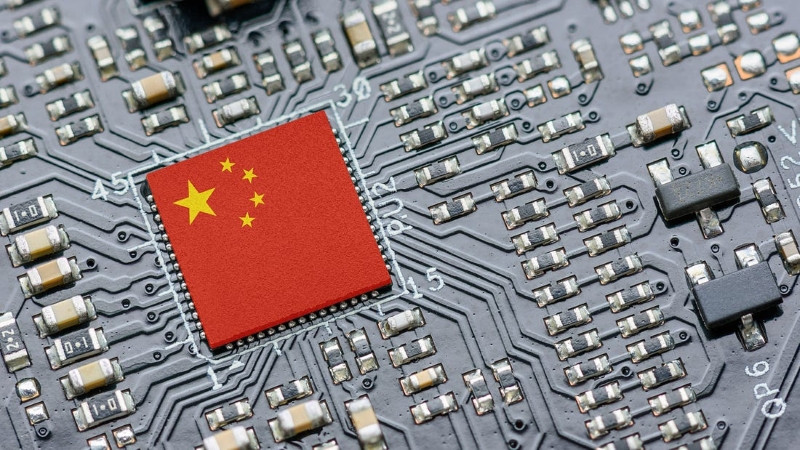China has released a guideline on deepening the implementation of its ‘Artificial Intelligence Plus initiative,’ setting out a framework to integrate AI into key sectors to foster the development of new quality productive forces.
The guideline indicates that by 2027, China plans to have AI deeply embedded in six critical areas, namely science and technology, industrial development, consumption upgrading, people’s wellbeing, governance and global cooperation.
The penetration rate of new-generation intelligent terminals and systems is expected to surpass 70 percent, with the scale of core industries in the intelligent economy growing rapidly, the role of AI in public governance significantly enhanced, and the open cooperation system for AI constantly improved.
By 2030, Artificial Intelligence will fully empower China’s high-quality development, achieving a high level of AI penetration with over 90 percent of intelligent applications integrated into daily life.
The intelligent economy is expected to become a major engine of economic growth, promoting technology accessibility and sharing of benefits.
The long-term vision extends to 2035, when China aims to enter a new era of intelligent economic and social development where AI will provide strong support in achieving socialist modernization.
To achieve these goals, the guideline proposed to strengthen eight basic supporting capabilities: basic model performance, data supply innovation, computing power management, application development environment, prosperity of the open source ecosystem, talent team building, regulatory frameworks and security measures.

“The deep integration of technological innovation in AI and industrial advancements can accelerate the transformation and upgrading of traditional industries, open new pathways for the development of strategic emerging industries and future industries, therefore cultivating and strengthening new quality productive forces,” Huo Fupeng, an official with the National Development and Reform Commission, told China Media Group.
Huo said based on multiple studies, by 2030, Artificial Intelligence (AI) is expected to contribute over 100 trillion yuan, or roughly USD 14 trillion, to the global economy, becoming one of the most important growth drivers.
The deep application of AI will also lead to qualitative improvements in areas such as scientific research and urban governance.

